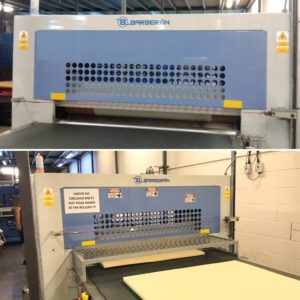Coronavirus: A joint statement between HSE, the TUC and the CBI
This is an extremely worrying time for firms and workers. We know many workers, union reps and employers have questions and concerns about safe working – especially for those continuing to work away from home.
This joint statement between the Health and Safety Executive, the TUC and the CBI is intended to clarify the position. The health and safety of workers remains paramount. Employers are and must continue to provide workers with information about risks to their health and the actions their employers must take.
Social distancing is a key public health measure introduced by Public Health England to reduce the spread of infection. Most employers are going to great lengths to ensure social distancing wherever possible. The HSE, CBI and TUC wish to publicly support these efforts. Firms that can safely stay open and support livelihoods should not be forced to close by misunderstandings about government guidance.
But If it comes to the HSE’s attention that employers are not complying with the relevant Public Health England guidance (including enabling social distancing where it is practical to do so), HSE will consider a range of actions ranging from providing specific advice to employers through to issuing enforcement notices, including prohibition notices.
Where a worker has a genuine concern about health and safety which cannot be resolved through speaking with their employer or trade union, they should contact the relevant enforcement agency – either their local authority, or the HSE through https://www.hse.gov.uk/contact/concerns.htm
For firms who are unsure about the guidance, please visit https://www.hse.gov.uk/news/social-distancing-coronavirus.htm
ENDS
The post Coronavirus: A joint statement between HSE, the TUC and the CBI appeared first on HSE Media Centre.

